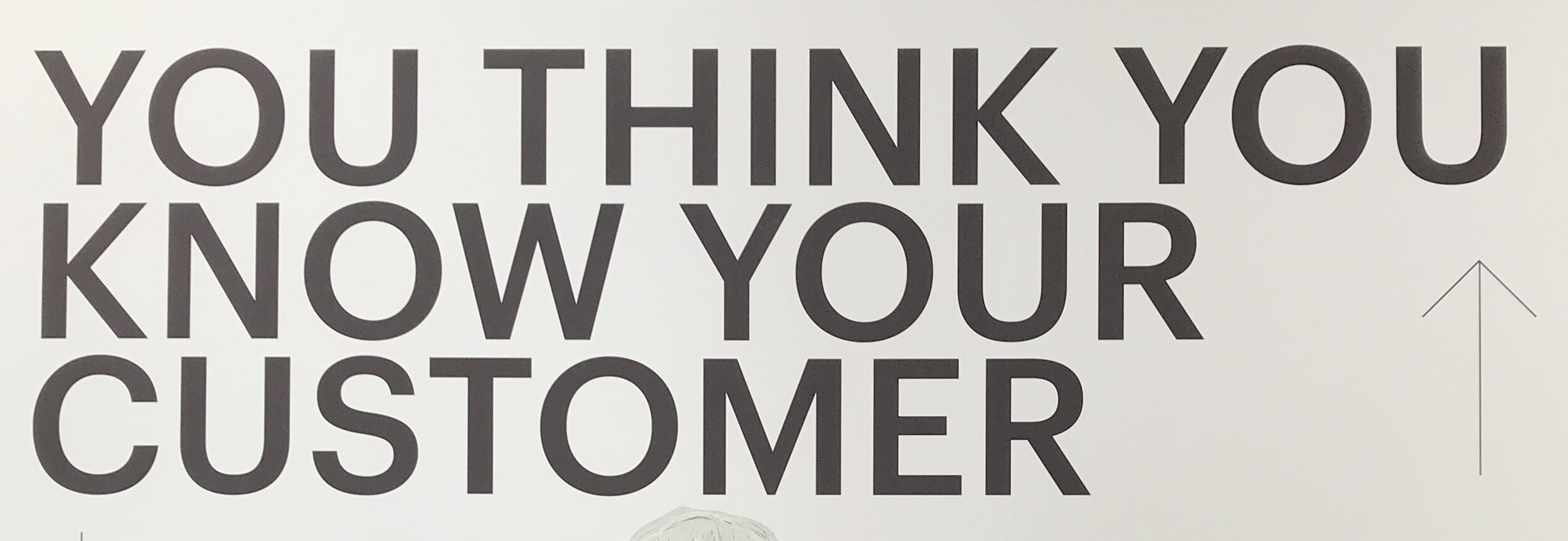Did you know that I am a certified Crucial Conversations Trainer?
Crucial Conversations teaches skills for creating alignment and agreement by fostering open dialogue around high-stakes, emotional and risky topics - at all levels of your organization. By learning how to speak and be heard (and encouraging others to do the same), you’ll surface the best ideas, make the highest-quality decisions and then act on your decisions with unity and commitment.
What Is a Crucial Conversation?
A crucial conversation is a discussion between two or more people where the stakes are high, opinions vary, and emotions run strong. These conversations - when handled poorly or ignored - lead to strained relationships and dismal results.
What Does Crucial Conversations Training Teach?
Crucial Conversations teaches participants how to:
• Speak persuasively, not abrasively
• Foster teamwork and better decision making
• Build acceptance rather than resistance
• Resolve individual and group disagreements
Who Needs Crucial Conversations Training?
Does your organization suffer from taboo topics, deference, disagreement, analysis paralysis, information hoarding, office politics or alienation? Is your organization battling declining productivity, safety violations, low morale, reduced quality, poor customer satisfaction or other bottom-line concerns? Then you, your team, or your organization needs Crucial Conversations Training.
My aim is to guide teams, leaders and entrepreneurs on how to focus on your company’s performance and culture by integrating open communication into the heart of your business. Crucial Conversations workshops are two days and ideally have a minimum of six participant. For further information please contact me.











